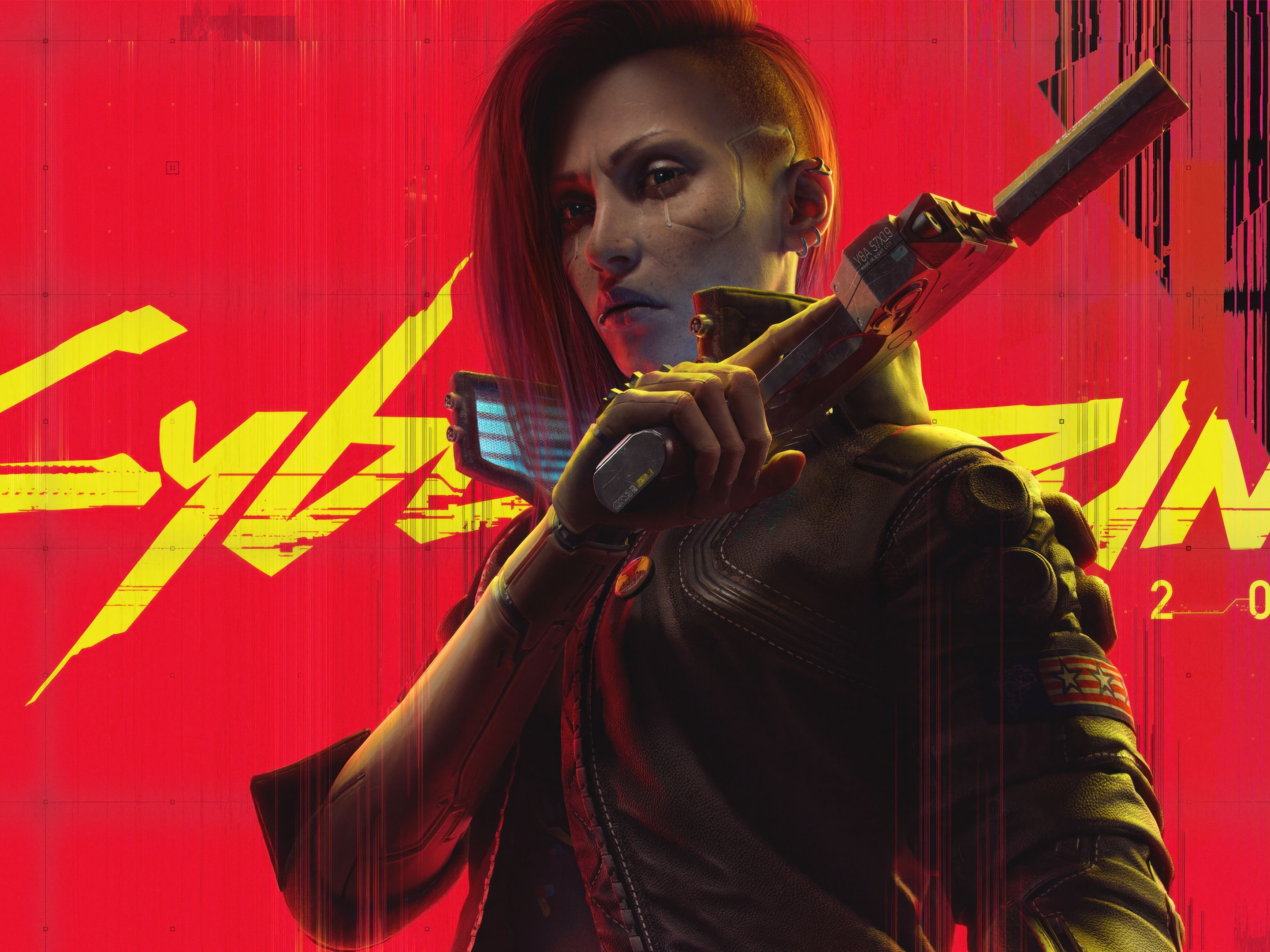How Language Barriers Affect Global AAA Game News
The video game industry has become a truly global phenomenon, with AAA titles routinely launching simultaneously in dozens of countries. News, reviews, and community discussions about these games now ignite online within seconds of a reveal or release. Yet, beneath this facade of a seamlessly connected global village lies a persistent and often underestimated challenge: the language barrier. While technology has bridged many gaps, linguistic and cultural differences continue to profoundly shape how AAA game news is produced, disseminated, and consumed worldwide, creating a fragmented and sometimes inequitable information landscape.
The first and most direct impact is on the speed and accuracy of news dissemination. Major announcements from industry giants like Sony, Microsoft, or Nintendo are typically made in English or Japanese at events like E3, The Game Awards, or through dedicated State of Play and Direct presentations. For non-English speaking audiences, access to this information is not instantaneous. They must wait for translation, a process that can range from minutes to days. During this critical window, the global conversation is already racing ahead on platforms like Twitter, Reddit, and dedicated English-speaking forums. By the time a accurate, professionally translated article appears in German, Spanish, or Mandarin, the initial wave of hype, speculation, and core discussion has often already peaked, leaving non-English speakers perpetually playing catch-up.

This delay is further exacerbated by the reliance on machine translation (MT) by eager fans unwilling to wait. While tools like Google Translate have improved dramatically, they remain notoriously poor at handling the nuanced, creative, and often technical language of gaming. A mistranslated feature in a game preview, a misrepresented quote from a developer interview, or a completely botched interpretation of a plot detail in a trailer can spawn widespread misinformation. For instance, a subtle linguistic nuance in a Japanese Nintendo Direct might be completely lost in an automated translation, leading to false expectations about a game's release date or gameplay mechanics. These errors can ripple through non-English communities, creating confusion that sometimes takes significant effort to later correct.
Beyond mere speed and accuracy, language barriers heavily influence the depth and perspective of game journalism. The vast majority of mainstream gaming media outlets with the largest budgets and direct access to developers are English-based (e.g., IGN, GameSpot, Polygon). Their reviews, previews, and analytical pieces naturally reflect a Western cultural perspective. A game's themes, humor, character motivations, and artistic merit are filtered through this lens. For a AAA title deeply rooted in Japanese culture, like Ghost of Tsushima, or one drawing from Slavic folklore, like The Witcher 3, crucial contextual layers can be overlooked or misunderstood by Western critics. While these outlets provide a valuable perspective, their dominance can inadvertently marginalize other equally valid interpretations.
This creates a vacuum for local gaming media in non-English speaking countries. Their role is not just to translate but to transcreate—to analyze and critique a game through their own cultural framework. A Brazilian journalist might analyze a game's narrative in the context of Latin American socio-political themes that a US-based reviewer would never consider. A Korean outlet might have a profoundly different take on the competitive balance of a multiplayer game. However, these localized perspectives rarely cross back over the language barrier into the mainstream English-dominated discourse. Consequently, the global conversation about a game is often monolithically shaped by Anglophone perspectives, missing out on a rich tapestry of international critique and appreciation.
The problem extends to the very source: developer communication. Many of the world's most renowned game studios are located in non-English speaking countries—Japan's FromSoftware and Capcom, Poland's CD Projekt Red, France's Ubisoft Montpellier. While their international marketing teams are fluent, key creatives—directors, writers, lead artists—often conduct interviews in their native tongue. When their nuanced thoughts are condensed into soundbites for a global audience, subtleties are lost. A famous example is Hideo Kojima, whose deeply philosophical and complex ideas are often simplified in the translation process. The authentic vision of the creator is thus filtered, first by interpreters and then by journalists, before reaching a large portion of their audience. This can lead to a disconnect between the developer's intent and the global audience's perception.
Furthermore, language barriers significantly impact community building and player support. AAA games are live services, sustained by patches, updates, and community feedback. Official forums and patch notes are frequently published in English first. Players in Italy or Turkey navigating a complex bug or seeking clarification on a gameplay change must navigate translated FAQs or community-made translations, which can be incomplete or outdated. This creates a tiered system of player engagement where those comfortable with English have a clear advantage in understanding game mechanics and receiving timely support, while others are left at a disadvantage. This friction can stifle the growth of robust local communities and foster frustration.
Finally, there is the issue of visibility for non-English games. While AAA news flows from English to other languages, the reverse flow is a trickle. A major AAA title from a country like China or South Korea might generate immense buzz locally but receive only peripheral coverage in Western media unless it is explicitly designed for global appeal. This means that innovative ideas, unique artistic styles, and diverse narratives from non-English developers can struggle to gain international traction, not due to a lack of quality, but due to the linguistic and cultural inertia of the gaming media ecosystem.
In conclusion, while the video game industry operates on a global scale, the flow of information remains stubbornly asymmetric. Language barriers act as filters, creating delays, fostering misinformation, privileging certain cultural perspectives, and obscuring the voices of both non-English players and developers. Truly overcoming this challenge requires more than just better machine translation. It demands a conscious effort from large media outlets to collaborate with and elevate local journalists, from developers to provide more robust and simultaneous multi-language support, and from the community to embrace and seek out diverse perspectives. Only then can the global conversation around AAA games become truly inclusive, accurate, and representative of its worldwide audience.













